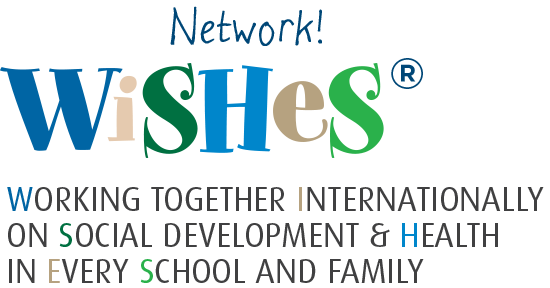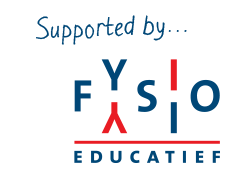Societies across the globe are experiencing rapid changes which affect children, their families and the practitioners working alongside them. Living, as we do, in a more interconnected and interdependent world, the stability of economies and societies is impacted by factors beyond country borders; the effects of conflict, climate change and epidemics in once remote countries have repercussions in local communities.
Demographic changes and economic challenges around the globe are affecting governments’ abilities to provide quality public services to those who need them most. Rising inequalities are putting pressure on social cohesion, stability and the effectiveness of existing social security structures. Employment is less secure, requires more mobility, learning and flexibility, and affects family stability, while the costs of living rise more rapidly than wages. Decision makers in many countries face challenges of controlled immigration as well as challenges linked to an ageing population.
These profound shifts are accompanied by a technological and communications revolution which is intensely affecting the ways we interact, learn and deliver services. As it opens new opportunities for shared learning and for creating supportive networks, we are presented with the possibility to harness new approaches to learn together, promote social cohesion and reach the most vulnerable in society.
At a global level, the adoption of the UN’s Sustainable Development Goals provides a convergent frame of action for addressing global issues, but also the opportunity to raise awareness of the need to implement high quality and equitable programs for all children in their earliest years and their families.
The ISSA Conference 2016 will explore what impact these changes are having on children, families and practitioners, and will investigate ways to adequately meet the needs of our youngest citizens. ISSA’s conference is a meeting point for practitioners, policy makers, researchers and representatives of civil society from across Europe, Central Asia and beyond. Through dialogue, discussion and interaction the conference will promote shared learning among participants and connect stakeholders in a dynamic learning community.
Theme:
Vilnius, Lithuania














